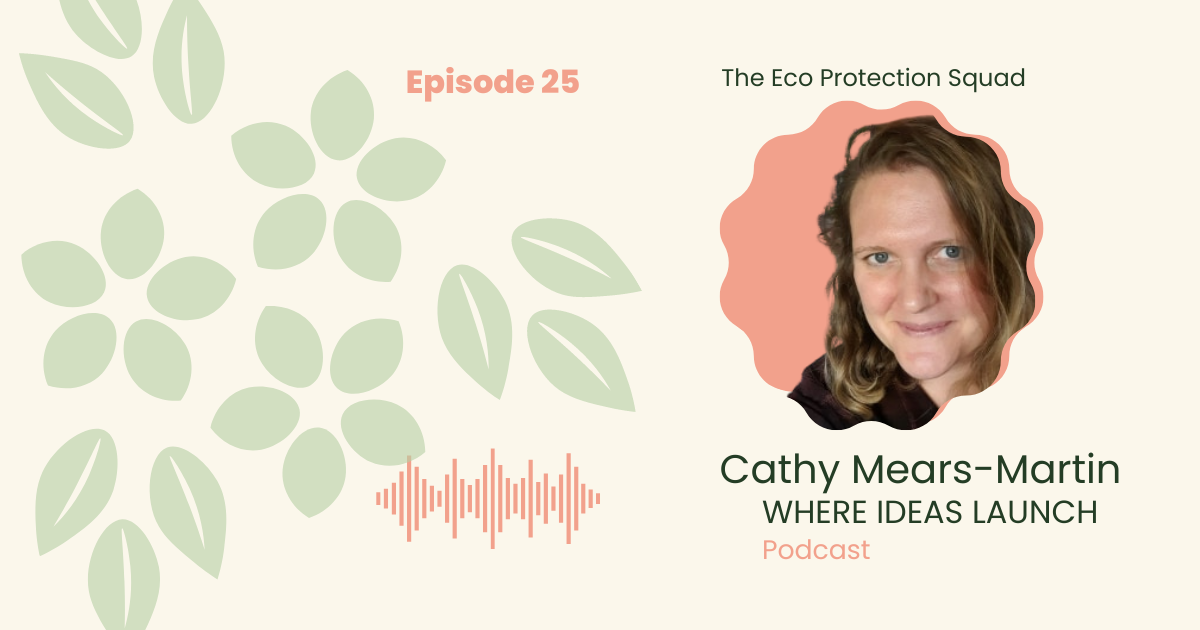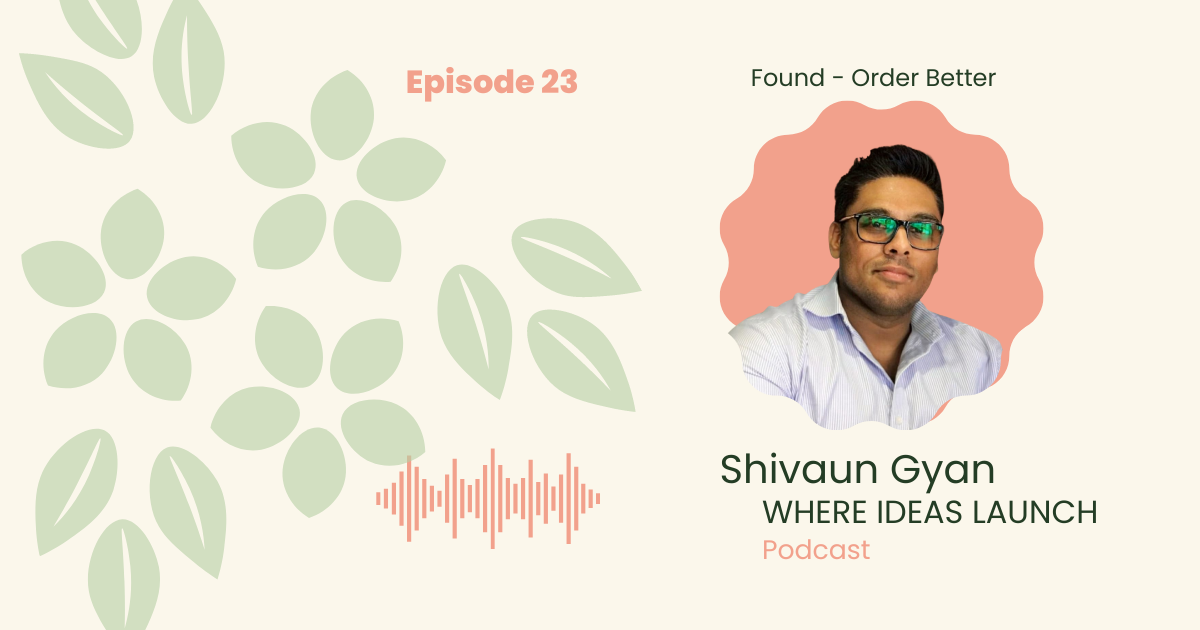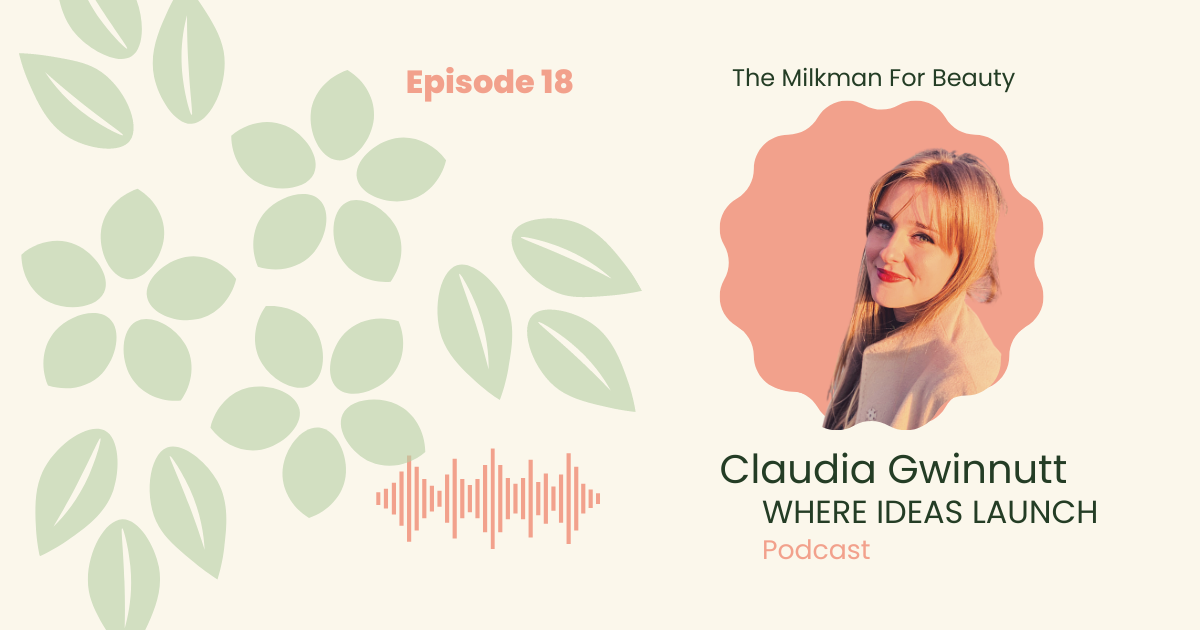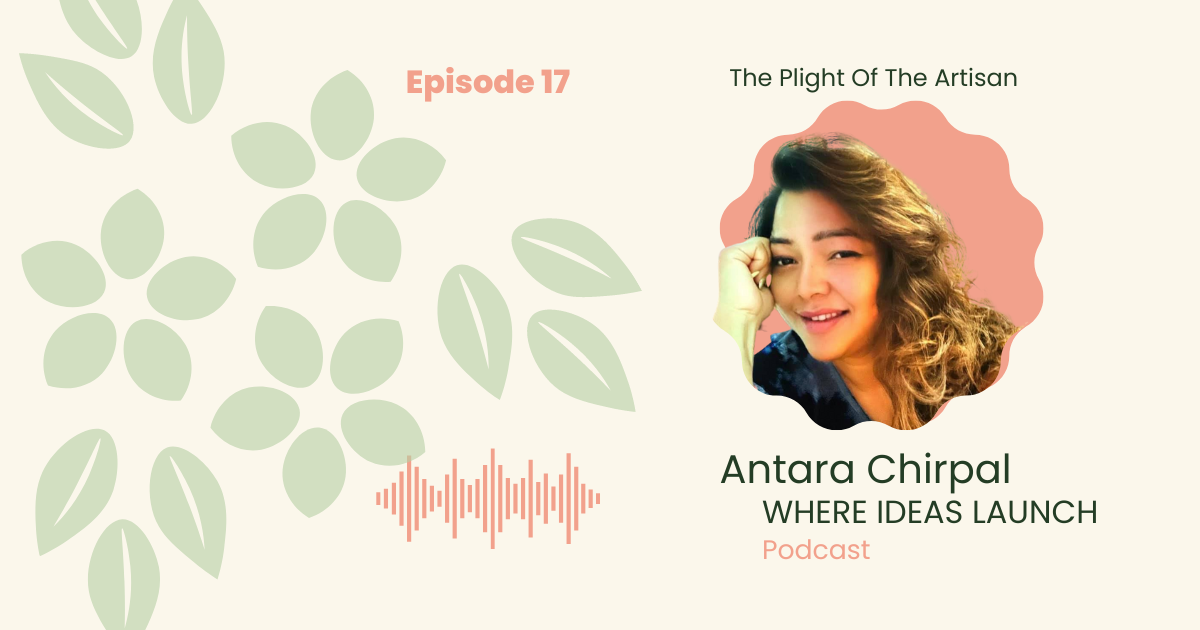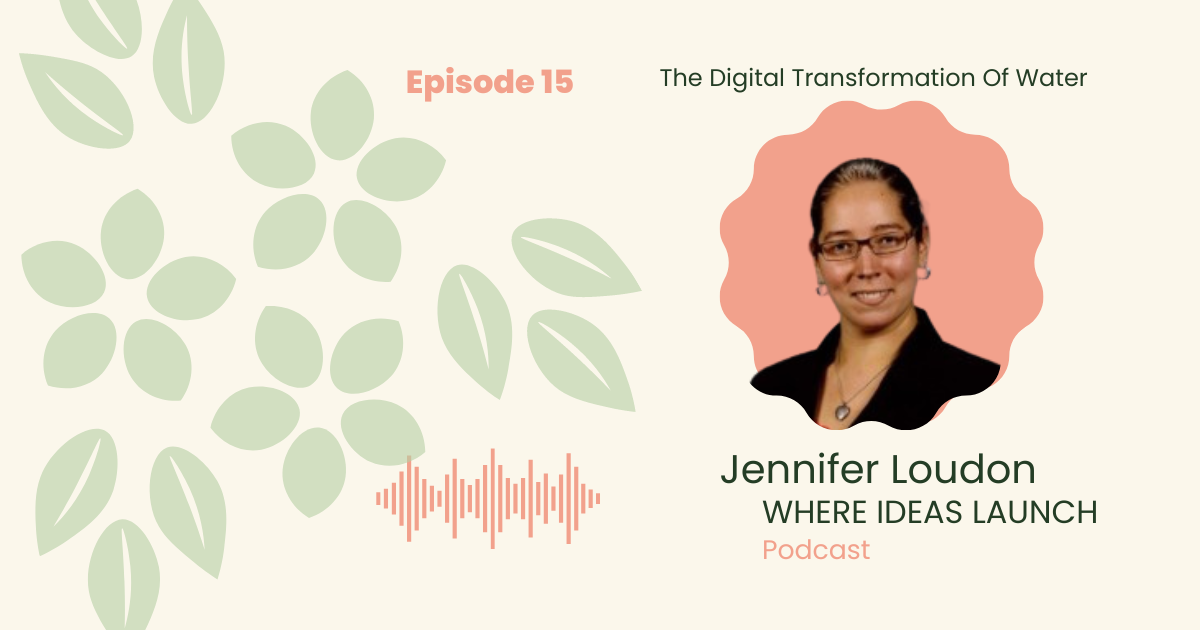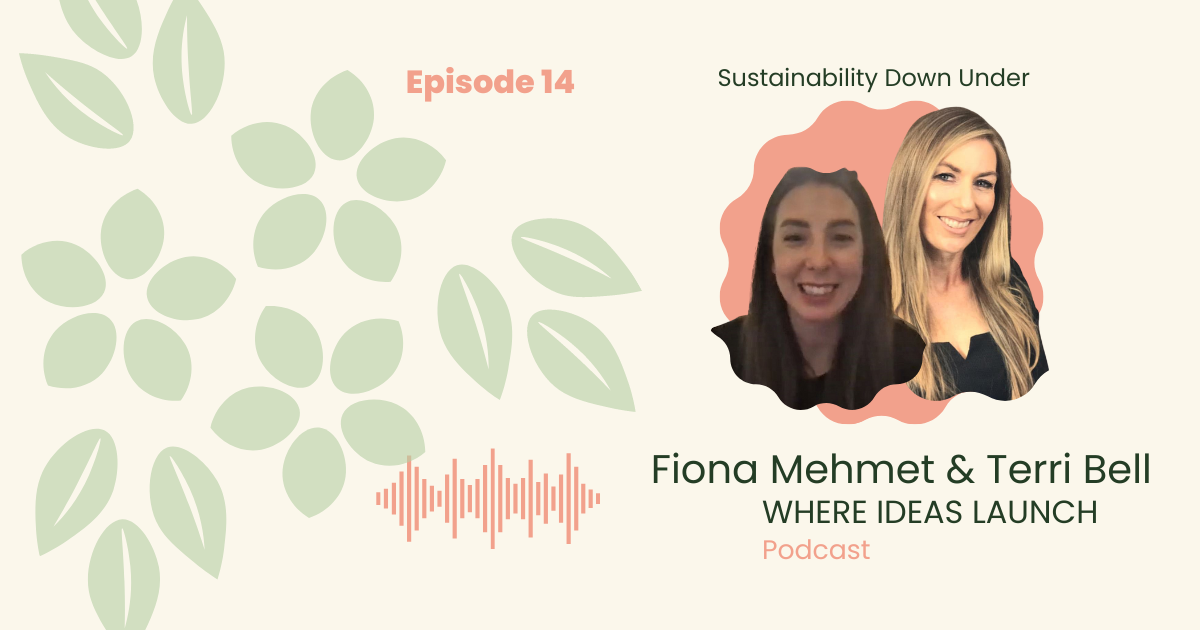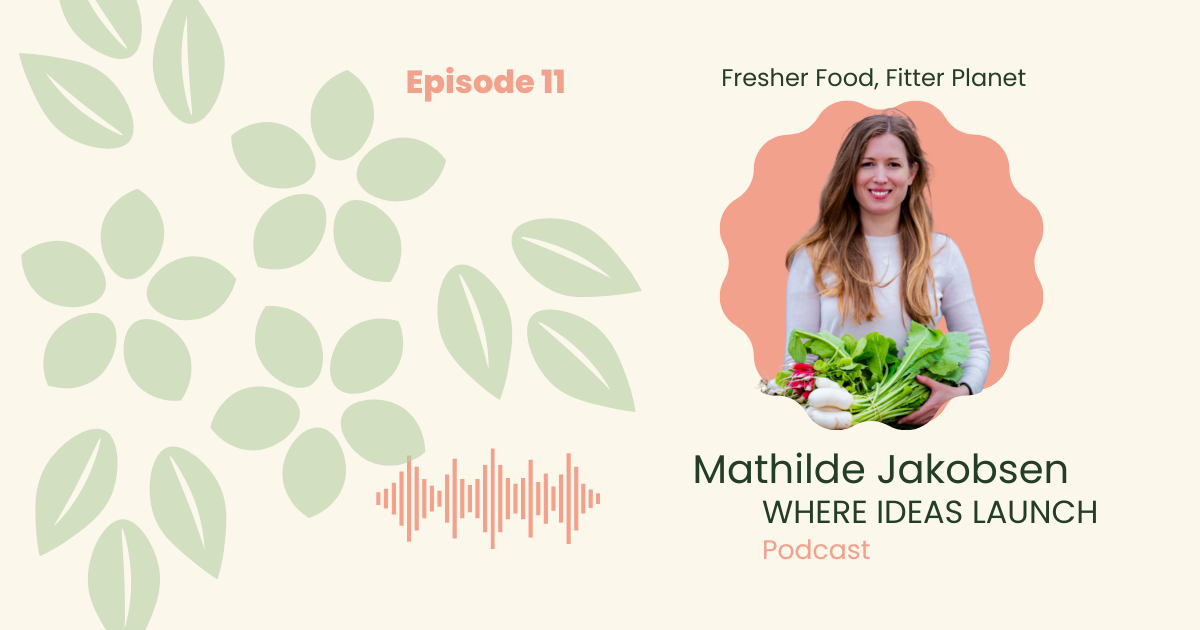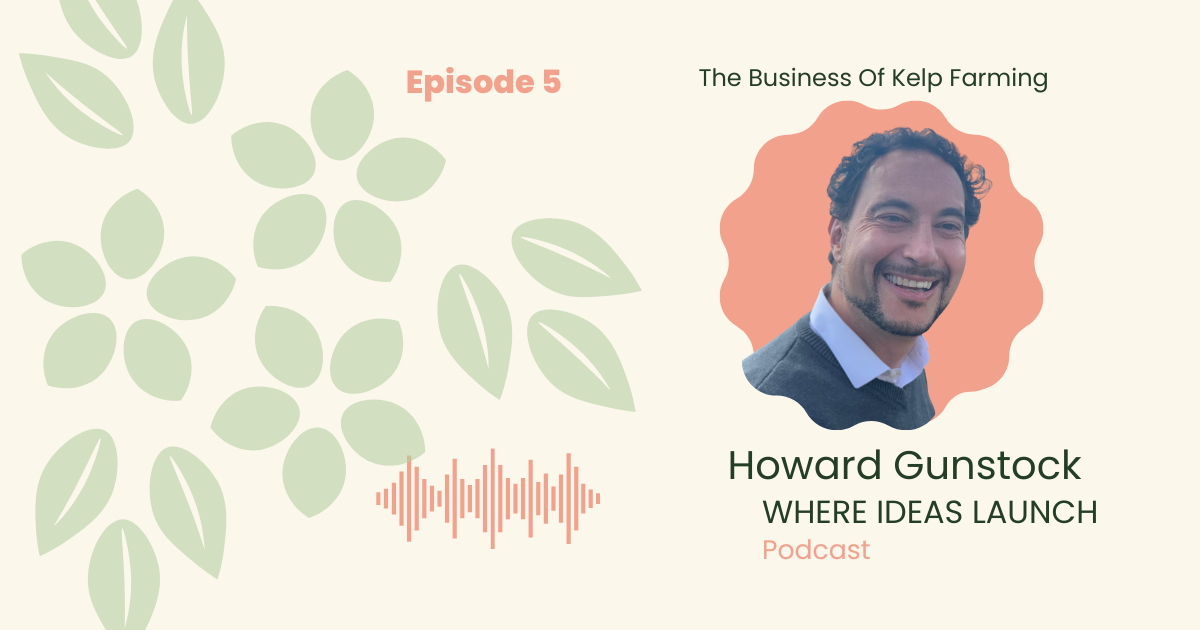035 The Ink Bin
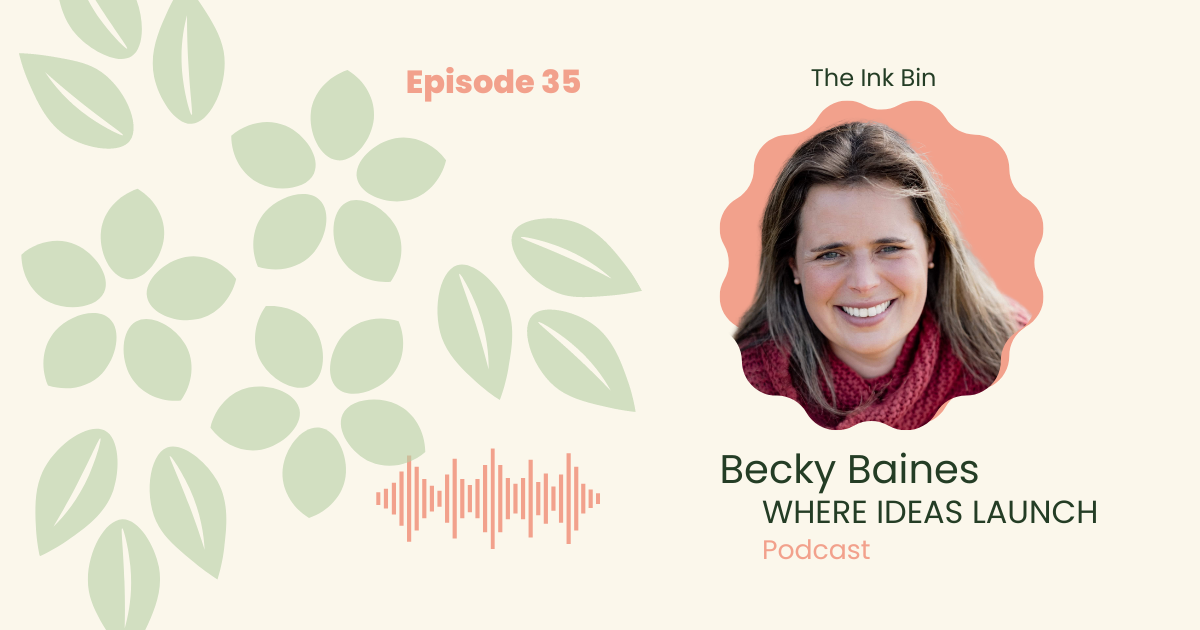
About this Episode
Becky Baines is a teacher and single mum to two enthusiastic young boys, living is North Essex. She established her eco-fundraising business, The Ink Bin, in 2019 as a direct result of trying make an impact towards issues of climate and recycling as well as raising valuable funds for schools and charities across the UK. She now works tirelessly to save home-use ink cartridges from landfill and, to date, has recycled approximately 30,000 products destined for landfill.
Becky has stuck firm to her teaching roots and produces a wealth of free, downloadable resources for young people interested in environmental matters. Her latest project is encouraging busy teachers to set up Eco Councils or Eco Clubs within schools by giving easy step-by-step weekly resources and ideas as well as starting points for weekly discussions in schools.
With twenty years of working in schools, Becky recognizes that young people are in an excellent position to create new routines at school and at home which will have a lasting environmental impact as well as hopefully reaching a more mindful life.
The business which she has created works on a Community level, whereby schools; charities and plastic-free groups can place The Ink Bin within a local area and collect home-use ink cartridges on a wider scale. This is increasingly relevant now that 67% of us say we intend to remain working from home at least part of the time post-Covid19. Most of the products sent to The Ink Bin can be refilled and thus reenter the Circular Economy- the ideal environmental solution. This model allows The Ink Bin to give money back for certain cartridges and schools have raised anything up to £550 on an individual basis in the past year.
Becky’s latest campaign has seen businesses place The Ink Bin within their offices to collect employees’ home-use ink cartridges as they move to a more split working routine between office and home. One of the latest national businesses to sign up have placed Ink Bins across their regional offices in support of the homeless charity Emmaus UK. Businesses are asked to sponsor The Ink Bin installation and then services are free after that; with the freedom to choose their own charity of choice.
Subscribe to Where Ideas Launch
Episode Transcript
Katherine Ann Byam 0:02
Becky, welcome to Where Ideas Launch.
Becky Baines 0:44
Hello, welcome. Thank you. Good morning. Thank you for having me.
Katherine Ann Byam 0:56
Wonderful to have you, Becky. Why is it important that we address ink disposal in your view? Why is this such a passion for you?
Becky Baines 1:04
And I think obviously, we're on a journey where we need to be thinking about everything we use. But I think for me, ink is something that is an essential part of our lives that we can't do without and at present technology means that it still has to be in plastic. And the other thing about ink is the fact that they are actually so easy to recycle. They are likened to a refillable water bottle. So as long as they go into a factory, they can be refilled up to six times. So for me, it's about spreading the word to people that it's okay and very, very easy to recycle them. It's also something that we're selling so much of in the UK. We're selling 45 million units every year and 80% of those go straight into landfill, which is just unnecessary.
Katherine Ann Byam 1:55
Well, that's a really big number. Yeah, tell me a little bit about where you have these services available now in the UK and how your business is set up?
Becky Baines 2:06
We started off mostly focusing on schools and charities. So I created the ink bin as such, which is a lovely cardboard bin, which gets personalised for each individual organisation that works with us. We started by sending out ink bins across schools, charity shops, various different places, and the local community would then bring their ink cartridges and drop them in. As we grow, we're getting more and more interest from local councils, retail outlets, chains, and all sorts who are keen to actually put the ink bin across all of their different stations.
Katherine Ann Byam 2:48
And what's been the biggest struggle for you and getting all this going? I can imagine you've had a few.
Becky Baines 2:54
We've had a few, I think keeping the resilience going. I think COVID really was difficult for us. And as it was our second year of business as well. It was just keeping the faith that actually we are doing something really special and to keep going. And it's proven that the last few weeks actually since things are opening up more. All of a sudden the business is going where I very much hoped it would be. But I think it has been that resilience to keep going on the days when we're working so hard and you keep having the message that we love what you're doing. But we can't do it with you because of COVID.
Katherine Ann Byam 3:37
Yeah. And how have you balanced this with your teaching life? I can imagine that's also complicated.
Becky Baines 3:42
Yeah, it is. So I still teach every morning. And I do that via zoom now. And I have a wonderful student who I work with. But yes, it's been a real struggle to balance everything. And especially because anybody who knows me will know I'm so passionate and enthusiastic that I take on every new project that comes my way. So really, I guess what has fallen by the wayside is any sort of personal life or time for myself.
Katherine Ann Byam 4:13
And how are you incorporating this into the teaching work that you do?
Becky Baines 4:22
I think I try and incorporate it into the teaching, but I think it's been the other way around more so that the teaching has completely impacted the journey The Ink Bin has taken and we do tireless work with schools. And we're very, very set up to work with schools because I understand what busy places they are. So I make the systems very much fit into them rather than having to fit in around us, but also working tirelessly with educating young people on matters of sustainability. We produce weekly newsletters for anyone who wants to read them, but they talk to really five to eighteen year olds. And I am at the moment on the committee for the Eco culture Stir Festival, which is happening in September, running the educational side of things. So I think it's a case of once a teacher, always a teacher, and I think anybody who starts to look into the business will see that it has had a huge impact on how the event runs.
Katherine Ann Byam 5:26
And you mentioned that but what is your team like?
Becky Baines 5:31
The team is very small, it was very small. And I say we because actually at the moment it is pretty much me and my two fabulous children who spend their lives groaning that we have to go out to another event, or mommy has to sit and go on another zoom call. And we are in the process of getting a kickstart with an employee, which I'm thrilled about, and in the process, also of looking to employ some young people around the local area to help with the educational provision as well.
Katherine Ann Byam 6:03
That sounds really, really fascinating. Yeah. And, what gets you into sustainable design and the circular economy? What was the inspiration for you?
Becky Baines 6:14
And I think, I think, like so many people, I'm passionate about what's going on in our world and the changes that are happening, and I'm a mom of two young children. I want them to grow up in a beautiful world. So I think when I came across a business that can help the environment, and help schools and charities to fundraise, it was a win-win for me. But then, the more I engrossed myself in the sustainability world and the more that I developed my understanding of the circular economy, the more I’m just hooked. I'm passionate. It's common sense. It's just a wonderful, very, very simple concept.
Katherine Ann Byam 7:00
Yeah, that's brilliant. And in terms of these eco councils and eco clubs, what have you gotten from those so far? How many of those have you been able to implement and how are they progressing?
Becky Baines 7:11
Again, COVID has been such an issue for us. So we have lots and lots of people wanting to be engaged. We work with schools that already have eco clubs, but sadly, haven't really been able to run them. And I think so much of being an eco-club is actually young people getting together and bouncing ideas off of each other or going outside and doing something practical together. At the moment we are just waiting for September. I'm so excited for September to come when I think there's going to be an explosion of environmental understanding and passion. And I'm really really hoping that come September, we can get hundreds of new eco clubs inspired to start up.
Katherine Ann Byam 7:59
Wonderful. And in terms of your, your spread across the UK, how far across the UK. are you now?
Becky Baines 8:06
Oh, it's funny. I was asked this question the other day, and I realised we have ink bins in all four corners of the UK. We're not so much in Ireland at the moment, but we have them up in Glasgow and Dumfries. We have them in Abergavenny. We're on the east side. So there's lots and lots in the east-end region. And we're down as far as Devon and Cornwall as well. So everywhere which is wonderful.
Katherine Ann Byam 8:32
And are you thinking about collaborating wider to get more into like Ireland or you know?
Becky Baines 8:39
Absolutely, absolutely. We would absolutely love to work with anyone that we can work with completely.
Katherine Ann Byam 8:48
And what would you say to other entrepreneurs who are starting a purpose-driven mission? So for example, I run a community of 2400. I think it grows every day with women in sustainable business who are trying to make an impact wherever they are. What would you say to them in terms of continuing this journey?
Becky Baines 9:07
I think resilience has been a huge thing for me, but I also think believing in what you're doing is the hugest thing. Last year, June COVID, there were so many times when I sat with my head in my hands thinking, why am I carrying on with this when my poor children aren't getting me? I could be spending this time playing a board game with my children. But it was the belief that I was doing something really special that kept me going. And I also think that we're in such an exciting time with sustainability at the moment that things are moving on so rapidly. That it's not a daunting prospect to immerse yourself in it and learn and become knowledgeable very, very quickly. I'm speaking with so many people at local councils and other organisations at the moment who are only just beginning of understanding what the circular economy really is. So I would say to anybody who is interested in sustainability that it's not too late to join the party. It's an exciting time.
Katherine Ann Byam 10:26
And I noticed that your business model involves the charity space as well. So tell me a little bit about how you're managing the financing and getting all this stuff working. Tell me a little bit about that. Because it's also interesting for a lot of people.
Becky Baines 10:40
Yeah we are able to because certain cartridges have got some value, we're able to give money back to charities. We started this with very, very little investment, a little bit of investment from my family. And other than that, we have worked on an absolute shoestring. And I jokingly say that we've been a cottage industry, but we live in a little cottage on the edge of Essex, and there have been ink cartridges all over my house for the last two years. And I think we've been very careful with how and when we've grown, we now have a large office space. But we didn't take that on until we knew we could afford it. We're now at the stage where we can afford to take on a member of staff but we haven't run too quickly.
Katherine Ann Byam 11:30
Yeah, that's great. And have you had support from local bodies? Have you had support from councils, for example, or other government grants?
Becky Baines 11:40
No. We haven't, sadly. We've been looking into it. But I'm not as of yet. We're trying to get some sizable grant opportunities and I think that is in the pipeline. But very much it's been running as a very small business and building organically. We have had interest from local councils who are wanting to buy our ink bins and gift them out to the schools. We actually have just launched with sustainable schools. Leicester who bought 14 bins from us and then gifted them to 40 schools in Leicester. And I'm hoping that will grow as well.
Katherine Ann Byam 12:21
Okay, that's interesting. Who are the suppliers that are contributing the most to your ink recycling stock?
Becky Baines 12:41
We work with lots and lots of groups. And the one thing that I think is quite unique about us and not the most entrepreneurial thing, but certainly the most sustainable thing that we do is we will accept any home use cartridge even if they are not profitable for us, which then actually appeals to wider groups such as Terracycle groups, and particularly environmentally friendly schools who have already maybe been down the journey and been doing in cartridge recycling for a long time, but they choose to come to us because we will accept a cartridges such as an Epson cartridge or a Brother cartridge. And we also don't provide the plastic envelopes which a lot of the more sustainable groups we work with like. So I would say one of the big groups that we've had nice success with is people passionate about plastic, people wanting to do the recycling strains. And the added bonus for them is that they can make some money for their group out of it.
Katherine Ann Byam 13:48
Alright, I think I'm going to ask the question slightly differently because it's an interesting answer. And I might need to go back and edit my question. But when you think about Epson and Brother and stuff like that, who's the biggest contributor to that stock of recyclable cartridges? Then basically what can you do with them? So let me ask it again, right. Okay. So which company contributes the biggest stock of recyclable ink cartridges for you and have you considered working with them?
Becky Baines 14:25
And at the moment, about 60% of what comes through are Canon and HP. About 20 to 30% of that of our overall stock are the inkjet cartridges which we can refill and give money back for. We also have an awful lot of Epson cartridges come through. And other companies such as Brother, Kodak, not quite so much. And we are working towards working with these companies. I actually have had a phone call from a couple of them over the past. As we grow, let's hope that we can work in partnership with them.
Katherine Ann Byam 15:03
I think that would be a really good strong message as well. Getting that responsibility to look back, it's all part of the circular model anyway.
Becky Baines 15:14
It's an absolute joy. Yeah. And the more joined-up thinking what we can all do is for the greater good, isn't it?
Katherine Ann Byam 15:21
Wonderful, really good. Thank you so much, Becky. And if you have any closing words or last advice that you want to give to my listeners about either getting involved in this space or continuing?
Becky Baines 15:33
I think the biggest thing that I'm passionate about is engaging young people. So we now have two websites, we have theinkbin.co.uk and we have theinkbinschools.co.uk. I would encourage anyone with children in their lives or young people in their lives to head over to the website and have a look at the newsletters and other resources. They're all completely free. We do it out of love rather than profiteering. And just please have a look. Contribute if you would like to and let us know your thoughts.
Katherine Ann Byam 16:04
Wonderful. Thank you so much for joining us on the show. Thank you
